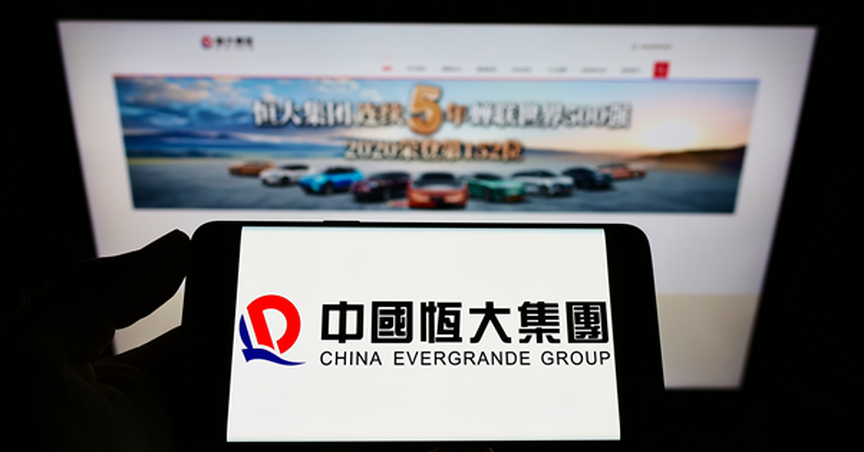Highlights
- Fears of default are looming large for China’s Evergrande Group.
- The property developer owes US$305 billion in debt across markets.
- This would be the biggest test for China’s financial system in years.
In August of 2018, when India’s infrastructure behemoth Infrastructure Leasing & Financial Services (IL&FS) defaulted on debt worth INR900 billion (almost US$12 billion), it sent the financial system into a tailspin. Till May 2019, Indian markets witnessed severe liquidity crunch.
Besides IL&FS debt default, what made matters worse was the fact that India witnessed its national elections in May 2019 – a period when liquidity usually takes a beating. The IL&FS default, which brought asset-liability mismatch – where short-term funds are applied to long-term projects – to fore, causing systemic risk to the entire financial system.
Back then, India’s then fourth largest lender YES Bank, in its quarterly filing talked about an unnamed infrastructure company defaulting on the bank’s loan. Though YES Bank didn’t name the company, everyone on the street knew that it was IL&FS. And that is when skeletons started to tumble out of the closet for YES Bank – which within a year of this announcement ended up being India’s largest banking failure.
The default by IL&FS also led to severe crunch in the India’s vast shadow banking space and some of the shadow banks had to sell off their assets to survive, while others went bankrupt.
Now this is what a default of US$12 billion can do to an economy.
Now, imagine what if this default magnifies to US$305 billion? How will that impact an economy? Yes, that is what has been alarming Chinese markets of late – a potential default of this magnitude by Chinese property developer Evergrande Group. To put things in perspective, these dues of Evergrande – worth US$305 billion – make up 2.1% of China’s US$14.35 trillion-dollar economy. In comparison, IL&FS borrowings were just 0.4% of the Indian economy.
But what stoked the Evergrande crisis?
Evergrande happens to be one of China’s largest real estate developers – the country that in 2020 was the world’s fastest growing economy. The company claims to own over "1,300 projects in more than 280 cities in China and is a forerunner in delivering all houses with fine decoration".
Till the beginning of 2021, China’s vast property market was booming.
Demand for real estate – both commercial and residential – in metro cities like Beijing, Shanghai, Shenzhen and Guangzhou was leading to skyrocketing prices – one of the expensive in the world.
To satisfy this growing demand, Evergrande took loan after loan, in a bid to keep the engine revving.
But then came a fall in property prices in smaller cities at the beginning of 2021. This was coupled by a series of measures by the government, which has been overzealous with corporate crackdowns, aimed at excessive borrowing in the real estate sector. And then, the cookie started to crumble.
This, according to analysts, is going to be the biggest test of China’s financial system and economy in many years.
Bottom Line:
China, as on date, is the world’s second largest economy. In 2020, China contributed a substantial 18.34% to the world’s gross domestic product (GDP). Any major headwinds in the Chinese economy may cause domino effect on other economies as well.


